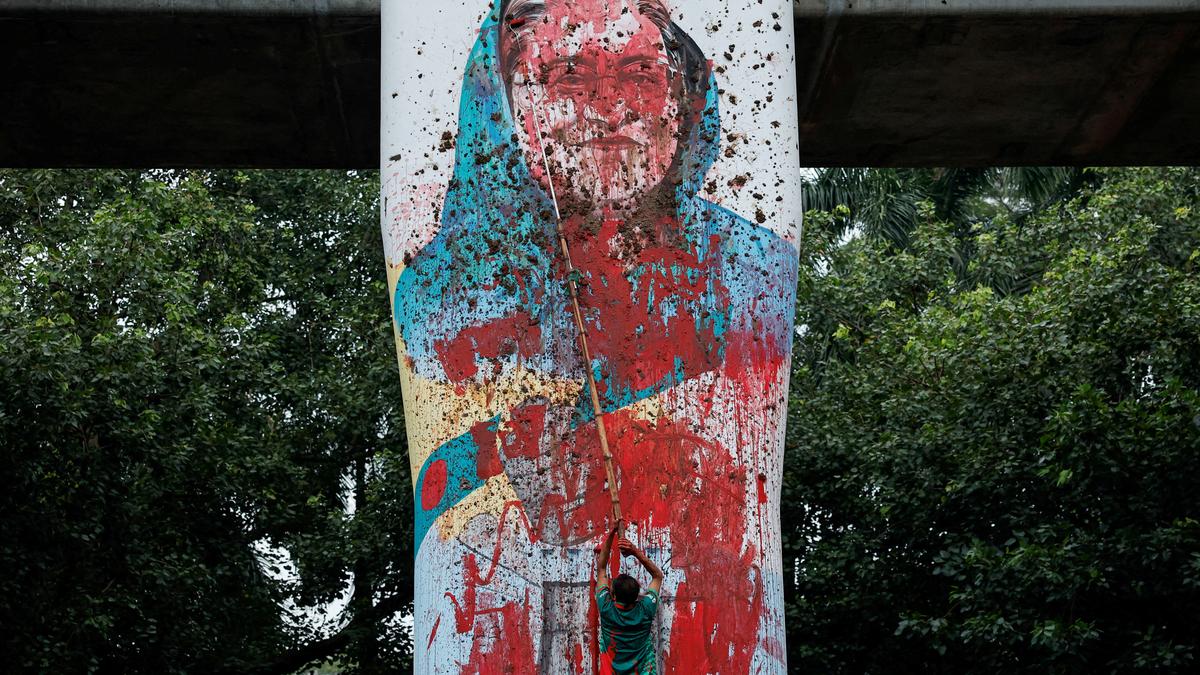Investigation starts against former Bangladesh PM Hasina, 9 others for genocide, crimes against humanity
- byAdmin
- Aug 15, 2024
- 1 year ago

Bangladesh’s International Crimes Tribunal has launched an investigation into former Prime Minister Sheikh Hasina and nine other individuals on allegations of genocide and crimes against humanity. These charges relate to the period from July 15 to August 5, during which a significant student-led movement took place against Hasina’s government.
On August 14, 2024, a formal complaint was filed with the Tribunal's investigative body by Bulbul Kabir, the father of Arif Ahmed Siam, a Class IX student who died during the protests. The complaint accuses Hasina, Awami League General Secretary and former Road Transport and Bridges Minister Obaidul Quader, former Home Minister Asaduzzaman Khan Kamal, and other key figures within the Awami League of orchestrating a violent crackdown on the protestors, leading to numerous casualties and severe human rights violations.
The Tribunal began its investigation on the night of August 14, according to Gazi M.H. Tamim, the lawyer representing the complainant, as reported by The Dhaka Tribune.
The charges against Hasina and her associates come at a time when the interim government has announced that killings occurring between July 1 and August 5 will be prosecuted by the International Crimes Tribunal.
In addition to these allegations, on August 14, 2024, a separate case of enforced disappearance was filed against Hasina and several of her former cabinet members, accusing them of abducting a lawyer in 2015. Another murder case was filed on August 13, 2024, implicating Hasina and six others in the death of a grocery shop owner during the violent clashes that contributed to the downfall of her government.
On August 15, 2024, a Dhaka court instructed police to submit a report by September 15 regarding the investigation into the death of Abu Saeed, the grocery shop owner, who was killed by police gunfire during quota reform protests in Mohammadpur on July 19.
The student-led protests, initially focused on demanding changes to government job quotas, escalated into a broader movement that ultimately led to the fall of the Hasina government in early August. The violence that ensued during this period resulted in over 230 deaths, bringing the total death toll to 560 over three weeks of unrest.
Following Hasina’s resignation, a caretaker government led by Nobel laureate Muhammad Yunus was established, with a commitment to pursue administrative and political reforms and ensure accountability for the violence.
Post a comment
Hot Categories
Recent News
Astonishing Cruise Collection with Tonnes of Texture and Volume Unveiled by Louis Vuitton
- May 27, 2024
- 1 year ago
UAE: Education, aviation, healthcare most vulnerable to cyberattacks, say experts
- Apr 23, 2024
- 1 year ago
Daily Newsletter
Get all the top stories from Blogs to keep track.



0 comments